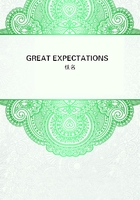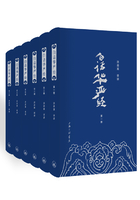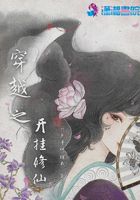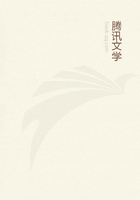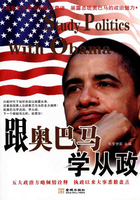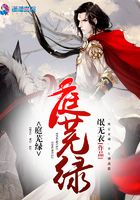Now Macaulay does not directly say all these things, but these are the spirit and gist of the interpretation which he puts upon Bacon's writings. The philosophy of Bacon leads directly to these blessings; and these constitute its great peculiarity. And it cannot be denied that the new era which Bacon heralded was fruitful in these very things,--that his philosophy encouraged this new development of material forces; but it may be questioned whether he had not something else in view than mere utility and physical progress, and whether his method could not equally be applied to metaphysical subjects; whether it did not pertain to the whole domain of truth, and take in the whole realm of human inquiry. Ibelieve that Bacon was interested, not merely in the world of matter, but in the world of mind; that he sought to establish principles from which sound deductions might be made, as well as to establish reliable inductions. Lord Campbell thinks that a perfect system of ethics could be made out of his writings, and that his method is equally well adapted to examine and classify the phenomena of the mind. He separated the legitimate paths of human inquiry, giving his attention to poetry and politics and metaphysics, as well as to physics. Bacon does not sneer as Macaulay does at the ancient philosophers; he bears testimony to their genius and their unrivalled dialectical powers, even if he regards their speculations as frequently barren. He does not flippantly ridicule the homoousian and the homoiousian as mere words, but the expression and exponent of profound theological distinctions, as every theologian knows them to be. He does not throw dirt on metaphysical science if properly directed, still less on noble inquiries after God and the mysteries of life. He is subjective as well as objective. He treats of philosophy in its broadest meaning, as it takes in the province of the understanding, the memory, and the will, as well as of man in society. He speaks of the principles of government and of the fountains of law; of universal justice, of eternal spiritual truth. So that Playfair judiciously observes (and he was a scientist) "that it was not by sagacious anticipations of science, afterwards to be made in physics, that his writings have had so powerful an influence, as in his knowledge of the limits and resources of the human understanding. It would be difficult to find another writer, prior to Locke, whose works are enriched with so many just observations on mere intellectual phenomena. What he says of the laws of memory, or imagination, has never been surpassed in subtlety. No man ever more carefully studied the operation of his own mind and the intellectual character of others." Nor did Bacon despise metaphysical science, only the frivolous questions that the old scholastics associated with it, and the general barrenness of their speculations. He surely would not have disdained the subsequent inquiries of Locke, or Berkeley, or Leibnitz, or Kant. True, he sought definite knowledge,--something firm to stand upon, and which could not be controverted. No philosophy can be sound when the principle from which deductions are made is not itself certain or very highly probable, or when this principle, pushed to its utmost logical sequence, would lead to absurdity, or even to a conflict with human consciousness. To Bacon the old methods were wrong, and it was his primal aim to reform the scientific methods in order to arrive at truth; not truth for utilitarian ends chiefly, but truth for its own sake. He loved truth as Palestrina loved music, or Raphael loved painting, or Socrates loved virtue.
Now the method which was almost exclusively employed until Bacon's time is commonly called the deductive method; that is, some principle or premise was assumed to be true, and reasoning was made from this assumption. No especial fault was found with the reasoning of the great masters of logic like Aristotle and Thomas Aquinas, for it never has been surpassed in acuteness and severity.
If their premises were admitted, their conclusions would follow as a certainty. What was wanted was to establish the truth of premises, or general propositions. This Bacon affirmed could be arrived at only by induction; that is, the ascending from ascertained individual facts to general principles, by extending what is true of particulars to the whole class in which they belong. Bacon has been called the father of inductive science, since he would employ the inductive method. Yet he is not truly the father of induction, since it is as old as the beginnings of science. Hippocrates, when he ridiculed the quacks of his day, and collected the facts and phenomena of disease, and inferred from them the proper treatment of it, was as much the father of induction as Bacon himself. The error the ancients made was in not collecting a sufficient number of facts to warrant a sound induction. And the ancients looked out for facts to support some preconceived theory, from which they reasoned syllogistically. The theory could not be substantiated by any syllogistic reasonings, since conclusions could never go beyond assumptions; if the assumptions were wrong, no ingenious or elaborate reasoning would avail anything towards the discovery of truth, but could only uphold what was assumed. This applied to theology as well as to science. In the Dark Ages it was well for the teachers of mankind to uphold the dogmas of the Church, which they did with masterly dialectical skill. Those were ages of Faith, and not of Inquiry.
It was all-important to ground believers in a firm faith of the dogmas which were deemed necessary to support the church and the cause of religion. They were regarded as absolute certainties.
There was no dispute about the premises of the scholastic's arguments; and hence his dialectics strengthened the mind by the exercise of logical sports, and at the same time confirmed the faith.

